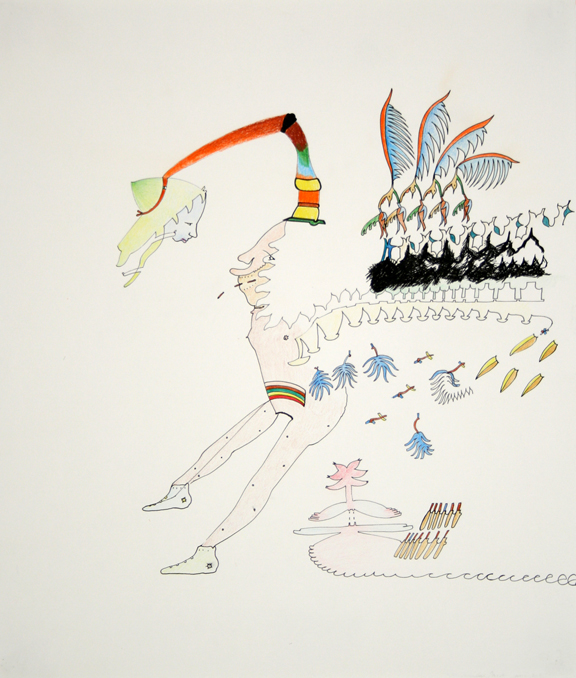If you haven’t read Stephen Dunn, and you like your poetry, pick up his Pulitzer Prize-winning book Different Hours and enjoy. I find myself returning to this slim volume time and again. While the entire book is enchanting in its dreamy investigation of time and its myriad dimensions, I want to discuss here a single short poem contained therein called “Zero Hour.”
Zero Hour
by Stephen Dunn
It was the hour of simply nothing,
not a single desire in my western heart,
and no ancient system
of breathing and postures,
no big idea justifying what I felt.
There was even an absence of despair.
“Anything goes,” I said to myself.
All the clocks were high. Above them,
hundreds of stars flickering if, if, if.
Everywhere in the universe, it seemed,
some next thing was gathering itself.
I started to feel something,
but it was nothing more than a moment
passing into another, or was it less
eloquent than that, purely muscular,
some meaningless twitch?
I’d let someone else make it rhyme.
…
These few lines bring to mind a host of dharmic thoughts…
This poem reminds me of a certain thought process I have while meditating, namely, that of identifying, naming, or what is commonly called labeling our experience. The instruction is simple: label your experience–as “thinking” or “anger” or “restlessness”–and then let go. Name and move on. Touch and go. This instruction allows the meditator to return to the breath, to let the energies flow, to go on meditating.
Yet, so often in my experience, there simply is no name for the experience. There are absolutely no words, no labels, no clear box in which I can fit my experience. As I meditate more, I do find I am able to more subtly discern and discuss my actual meditative experience; in other words, we develop a sophisticated language to fit our experience, to explain our sits. Perhaps we discuss the “chakras” and the “prana” and the “bindus”. All of this discussion, of course, is good vital work along the path. Nevertheless, I relate deeply to those completely non-conceptual moments–no names, no labels, no mind!–towards which this poem points.
Anyhow, Dunn strike me as a guy who keeps it real and who knows himself well enough to keep it real. What I appreciate most is his ability to approach these quiet states of mind and to share his experience in the plainest, most universal language. I am a gigantic advocate for plain, straightforward, universal language, especially when it comes to spiritual matters.
To me, this poem servers as a reminder not to get caught up in the language of Buddhism. To keep it simple. To not always look for a “big idea” to justify what I felt. While I have grown by developing a language to look at my mind and body in meditation, I also appreciate the reminder here in Dunn’s poem. Not everything can be named. The simplest words are best. Meditation is a wonder, full of meaning and mystery, but sometimes it is just a muscular twitch. Sometimes you just plain sit. And sometimes it doesn’t rhyme.
